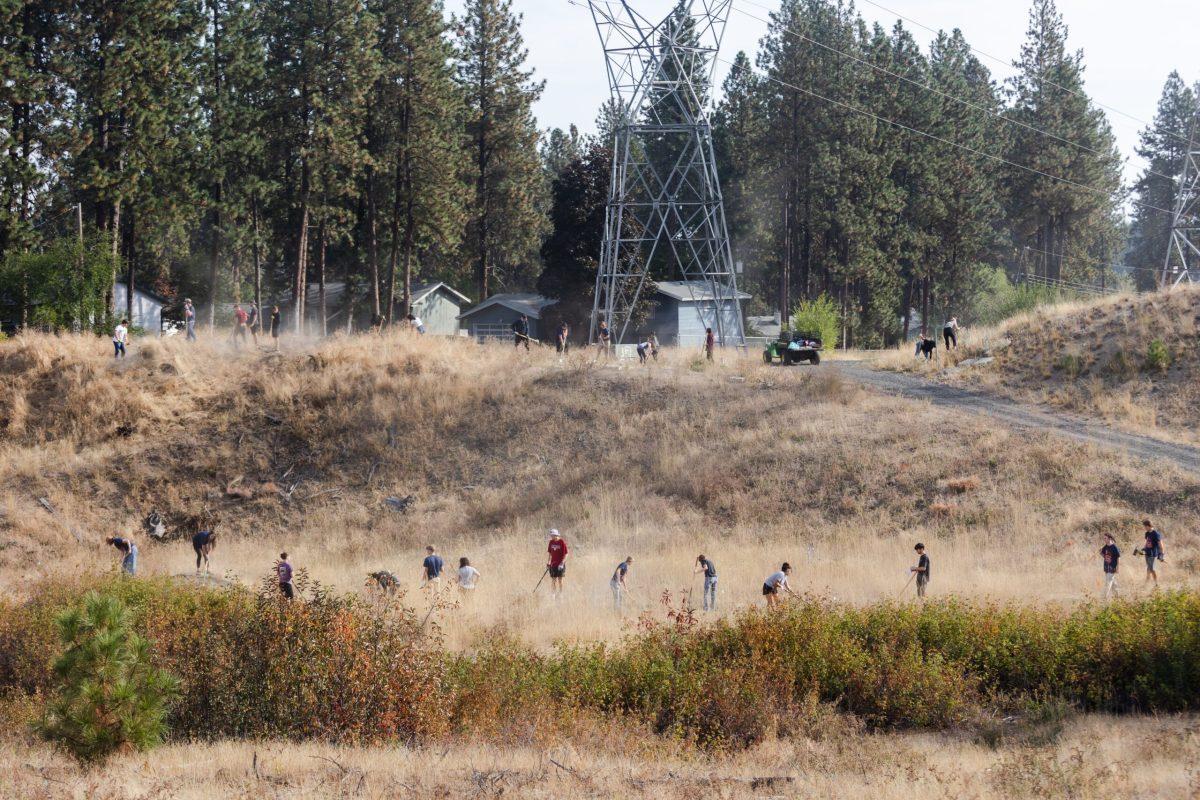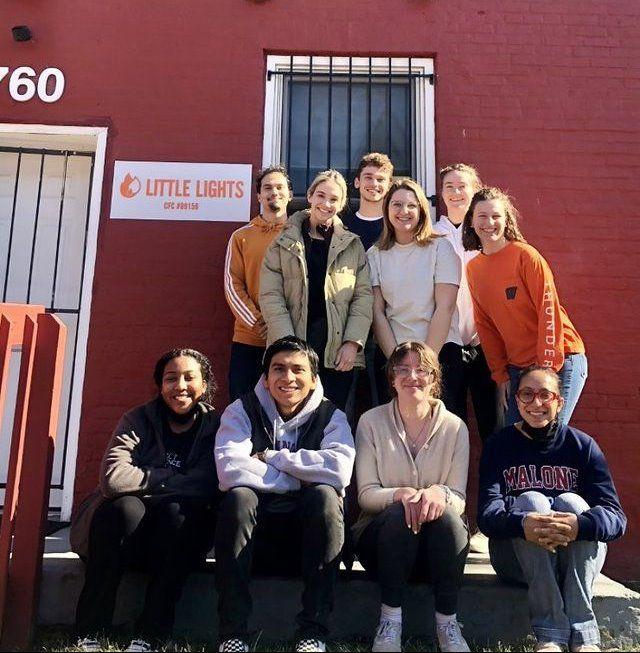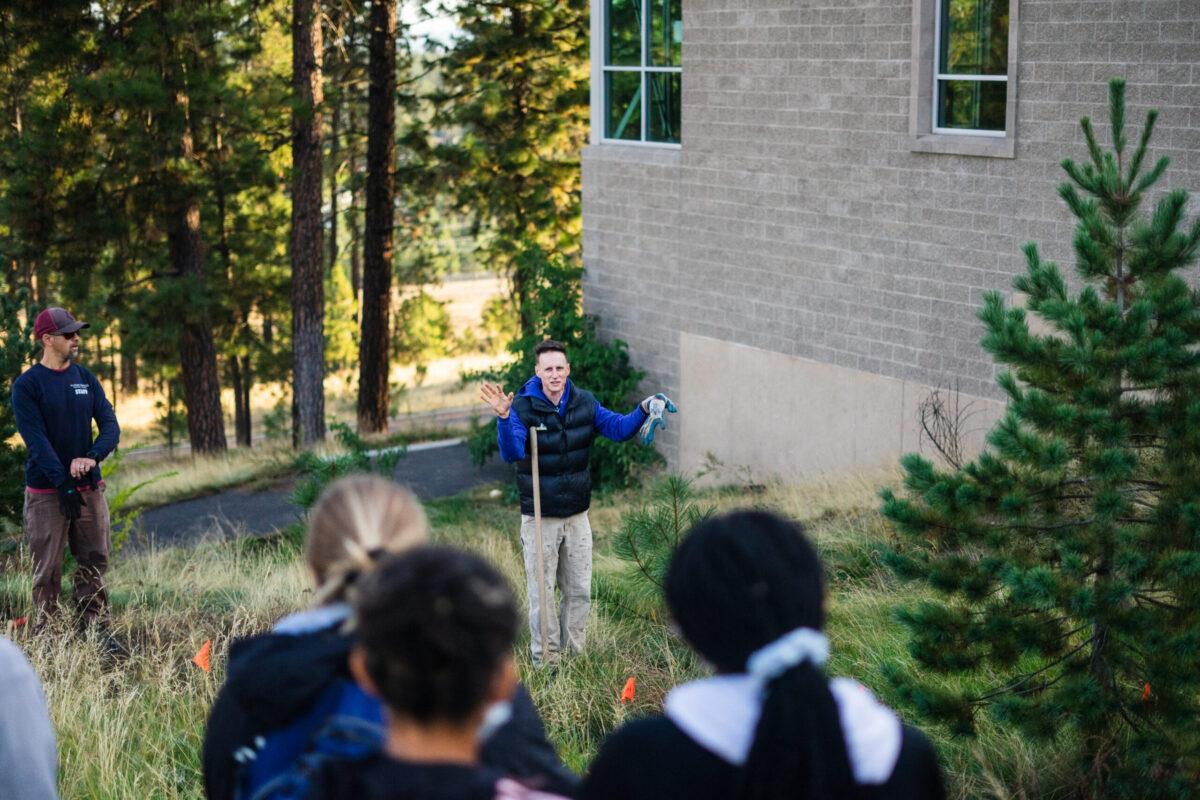As a university committed to low student – faculty ratios, a broad liberal arts education, and mentorship, Whitworth provides its students with the unique and invaluable opportunity to form lasting relationships with mentors and peers from a variety of backgrounds and fields. These features are some of Whitworth’s worst kept secrets, yet too often students fail to take full advantage of these fulfilling and rewarding opportunities. I believe that this disconnect between Whitworth’s goals and student behavior stems from a lack of engagement with Whitworth and its culture. Students can personalize their time at Whitworth by engaging with the community, and both my personal experience and research on the topic suggest that forming connections with peers, mentors, and the community can be beneficial to college students’ success and emotional health.
As an incoming freshman, it can be intimidating to think about coming to an entirely new environment and meeting new people. Having struggled with social anxiety in high school, I came to Whitworth somewhat apprehensively, and I spent my early time here engaging minimally with the community and forming few connections. To use the analogy of a swimming pool, I was the guy dipping his feet into the shallow end, while true connection and engagement lay in the deep end. This changed when I moved to McMillan Hall as a sophomore. With its rich traditions and long history of brotherhood and sisterhood, the BMac community can be one of the most inviting on campus. While living there, I met and connected with some of my closest friends, and I felt myself enjoying school, life, and everything in between more as I engaged in the community. This sparked a change in my appreciation for the connections that I could form with my professors and fellow students on campus, and I found new levels of fulfillment and success over the next two years as a result.
While this was my own experience, I don’t think that it was entirely unique. During my last two years as a RAR (RA roommate), I saw freshman who similarly struggled to move past the shallow end, and I think that these students, like myself, were missing out on some of Whitworth’s greatest features. In college, you reap what you sow, and those who invest in Whitworth’s community are rewarded with fulfilling relationships, a deeper sense of belonging, and a greater understanding of their own vocation as a result.
Beyond my personal testimony, research also supports this idea as well. Much of the Investigation on the topic of social connections and collegiate success seems to have begun in the 1980s, when results from studies of colleges and universities indicated that nearly 43% of students would drop out and never complete their degree (Tinto 1987). Traditionally, studies used factors such as gender, high school GPA, and parents’ education level to predict collegiate success, but over time researchers began looking at how emotional variables affected adjustment to college and academic success (Brooks & DuBois 1995). Results from a 2003 study by Pritchard et al. showed a direct correlation between the connections that students form with their peers, teachers, and advisers, referred to as social capital, and their academic success, emotional health, and college retention. Collectively, this means that the very same improvements that I saw in my academic performance and emotional health after connecting with Whitworth’s community are supported by research, and that many other students can benefit from the same engagement.
Given the research-supported importance of forming relationships and connections on campus, particularly in the first year, it is no surprise that Whitworth works hard to establish the sort of atmosphere and environment to encourage interpersonal relationships and community engagement. According to US News, the national freshman retention rate, a classic indicator of student satisfaction, is 75%, while Whitworth’s sits at 85%. This is a testament to the hard work of faculty, student-leadership, and administrators to make Whitworth an inviting place for a diverse group of students, and evidence that students who engage deeply with the community want to stay and make this place their home. So, as an alum who is glad that he chose to invest in Whitworth’s culture and community, I encourage all of my fellow Whitworthians to dive into the deep end.












